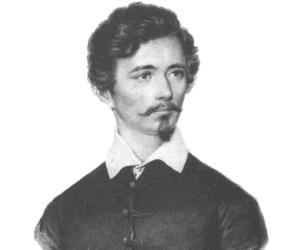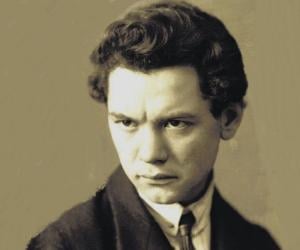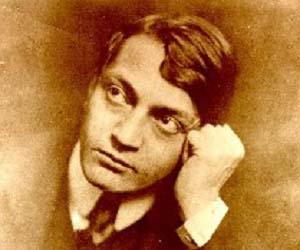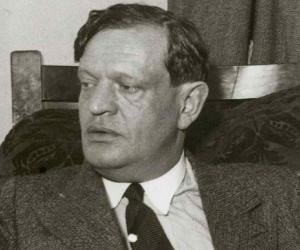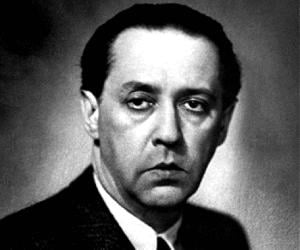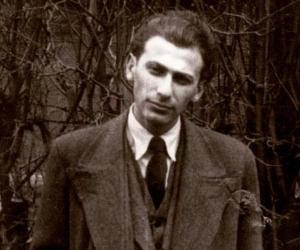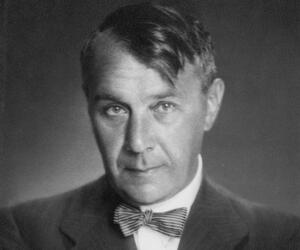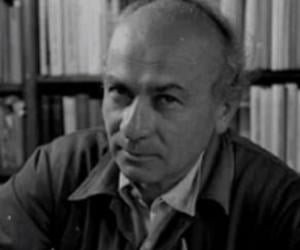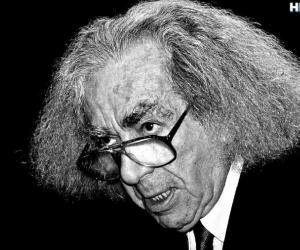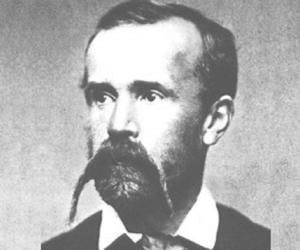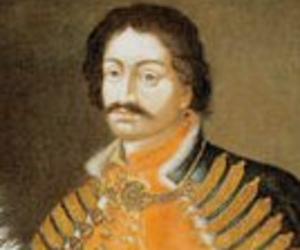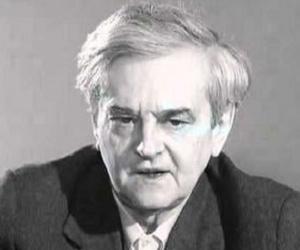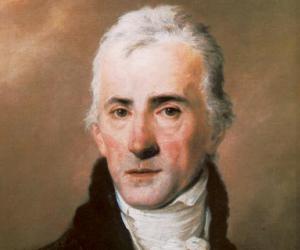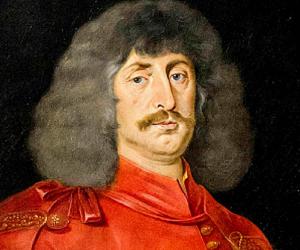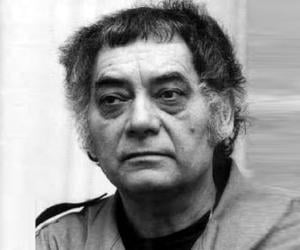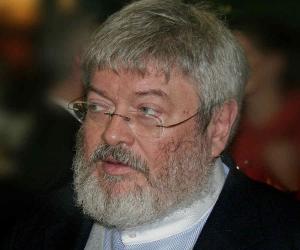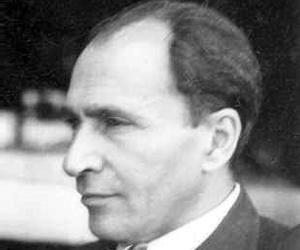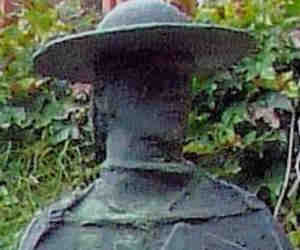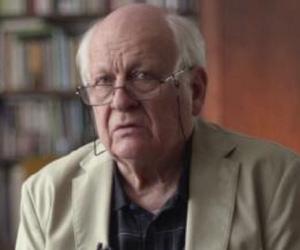1
Hannah Szenes
(Writer, Poet)
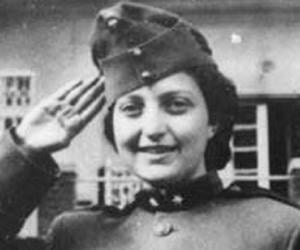
19
4
Birthdate: July 17, 1921
Sun Sign: Cancer
Birthplace: Budapest
Died: November 7, 1944
Hannah Szenes was a Hungarian Jewish poet and a member of the Special Operations Executive (SOE) during the Second World War. She was among 37 Jewish SOE recruits from Mandate Palestine sent to Yugoslavia to aid anti-Nazi forces and rescue Hungarian Jews from deportation to Auschwitz. Despite being arrested, imprisoned, and tortured, Szenes remained steadfast in protecting her mission details. She was later executed by firing squad. Szenes is revered as a national hero in Israel, where her poetry is well-known and commemorated through various tributes.
